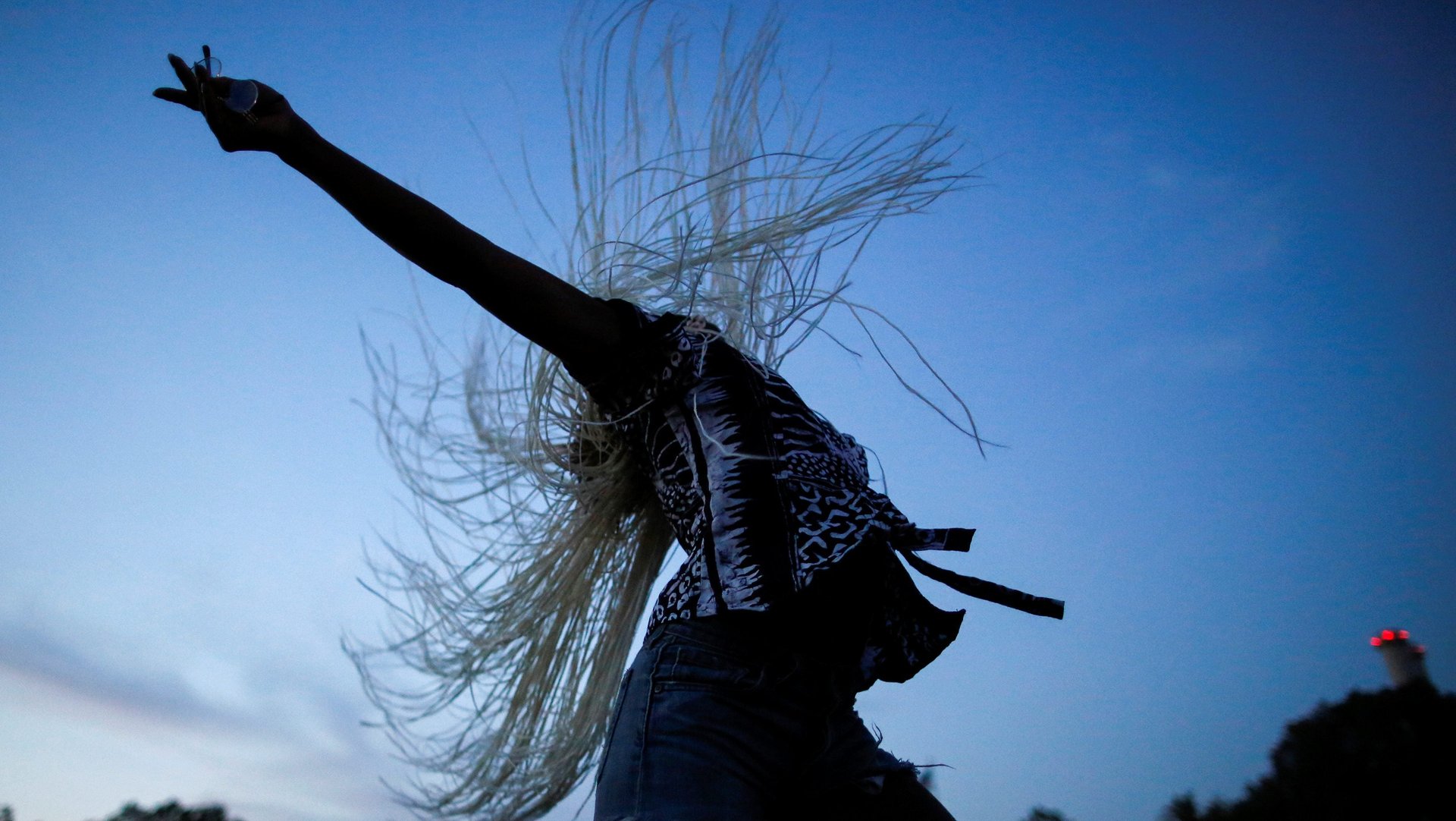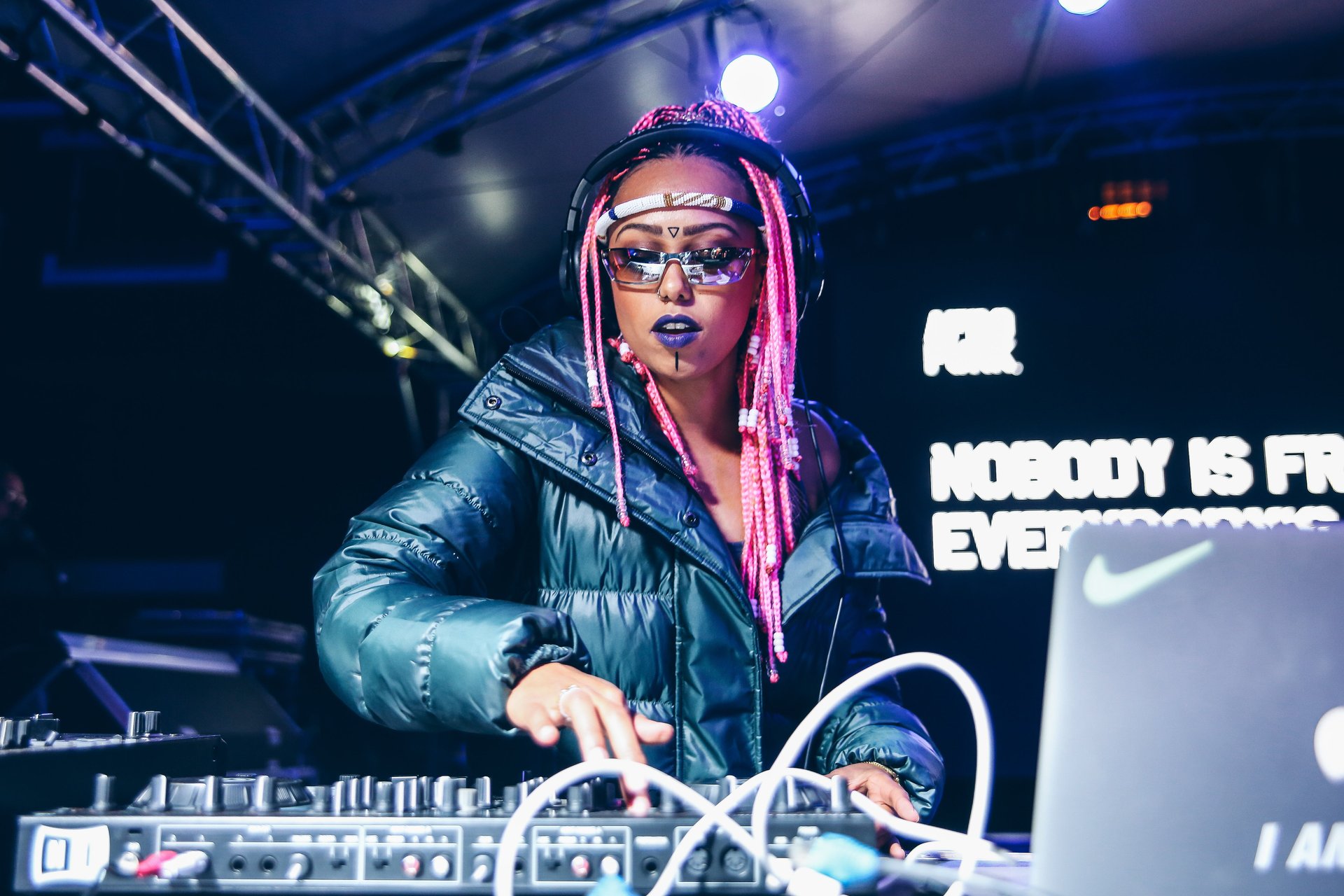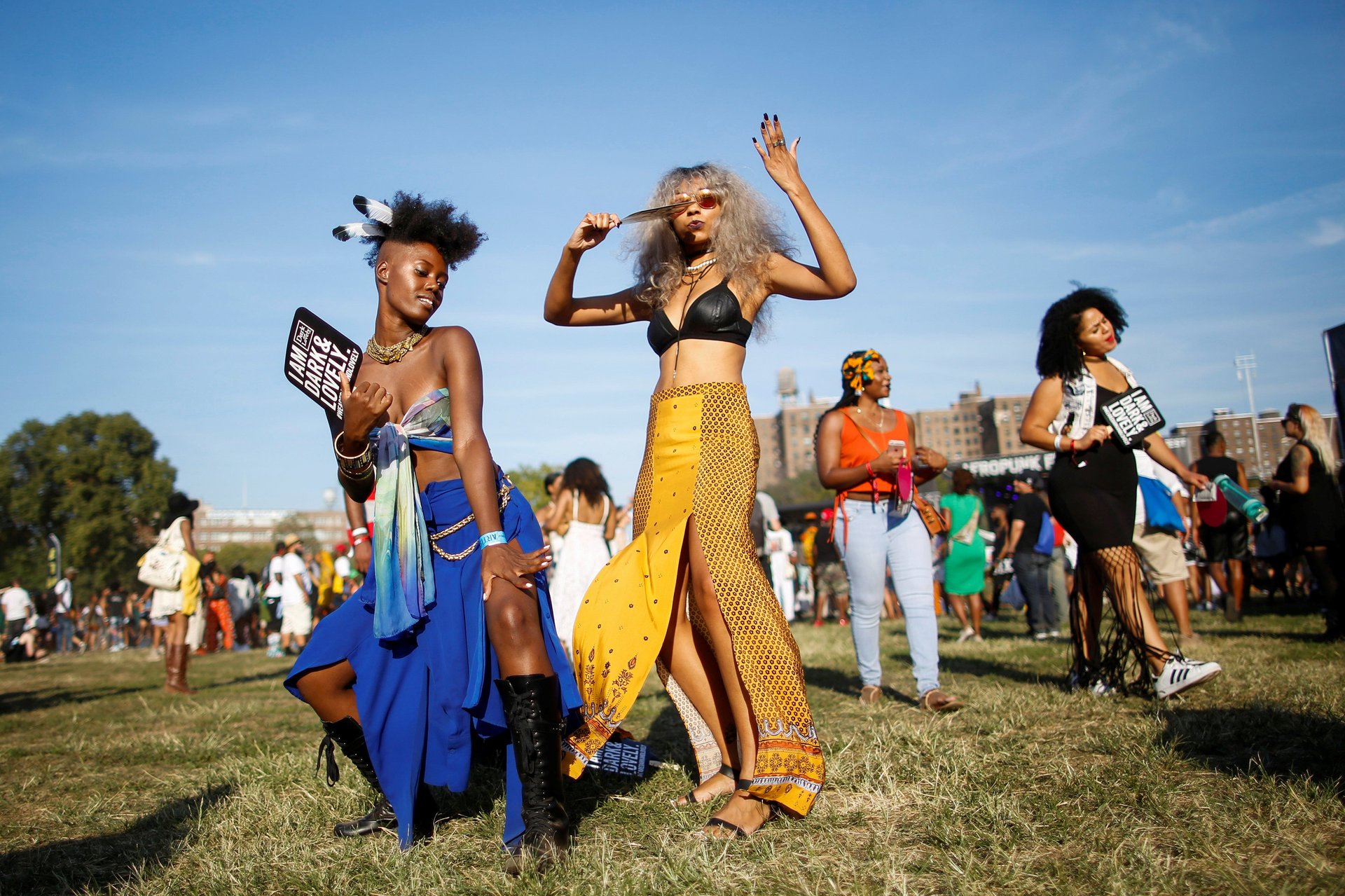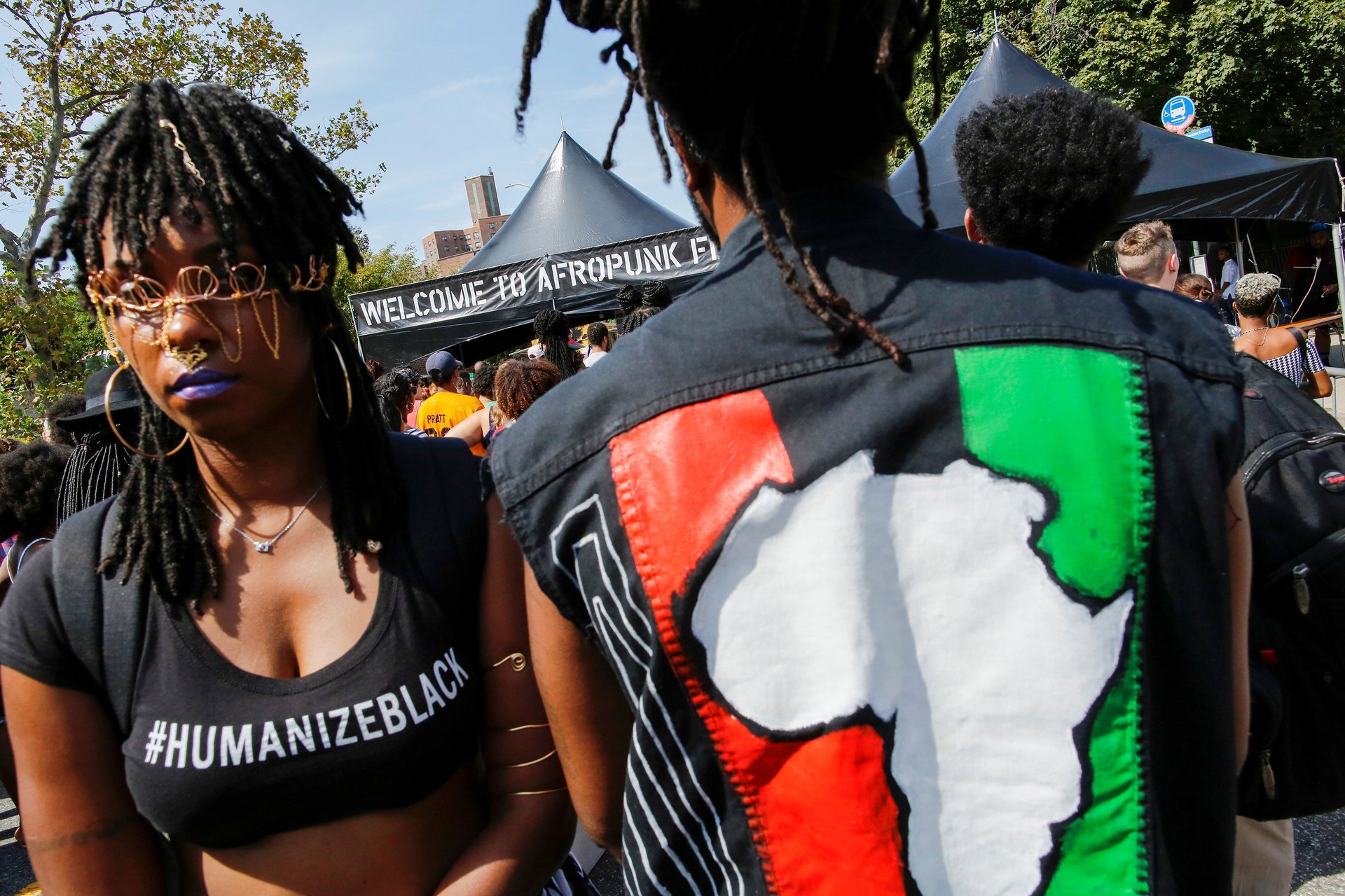Afropunk will make its African homecoming in Johannesburg this year
Can Afropunk make it in Africa?


Can Afropunk make it in Africa?
The global festival of music, art and culture doesn’t arrive in Johannesburg for another six months, but its expansion to the continent already marks a moment in Afropunk’s coming-of-age.
About 12,000 people each day, from across Africa and around the world, are expected to gather starting Dec. 30 at the city’s Constitution Hill for a weekend of performances by Solange Knowles, Anderson .Paak & The Free Nationals, King Tha, Blk Jks, Laura Mvula, The Brother Moves On, Nakhane and Spoke Mathambo, among other established and emerging artists.
Johannesburg is the latest locale for Afropunk, which debuted a dozen years ago in Brooklyn and has since expanded to Paris, Atlanta and London. “We go where we have community and we go where people want us,” says festival co-founder Jocelyn Cooper. “We’ve wanted to be on the continent, we love the culture in South Africa and we have a lot of contributors to our site who are there.” The theme this year is ‘We the people’ a phrase at the beginning of both the US and South African constitutions.

The festival traces its origins to “Afro-Punk,” a 2003 documentary directed by James Spooner and produced by Matthew Morgan that chronicled the loneliness experienced by black fans of punk music and culture.
Morgan, who grew up in London and went on to manage artists, later teamed with Cooper, a former head of artist and repertoire at Universal Music, to conceive Afropunk as a reflection of the diversity of black identity.
Since then, the festival has transcended its moorings in punk to encompass hip-hop, soul, jazz and electronic music, an evolution that Cooper has said makes Afropunk “for anyone who wants to come to the party with the right mindset and who wants to be free.”

Change has brought with it charges that Afropunk has strayed from its roots. Still, the mutability of the festival musically has allowed Cooper and Morgan to build a global brand. Afropunk, which organizers say reaches about 40 million people a week worldwide via its digital and social channels, has assembled an audience that advertisers pay to reach. Nike, Red Bull and Pernod Ricard are among companies that have signed on to sponsor Afropunk Joburg.
The selection of Johannesburg means that, for the moment, the festival will bypass Brazil, which is home to nearly a third of Afropunk’s online community. Cooper says she and Morgan aim to stage “a big event,” but not necessarily the whole festival, there next year.
Work to bring Afropunk to Africa began four years ago but crystallized toward the end of 2015, when Cooper and Morgan started to scout locations. That led them to Johannesburg, where a pool of know-how for producing events, a dearth of international music festivals, and enthusiasm from local officials spurred them to select the city, as did its tendency to empty during the festive season.

Early-bird weekend passes, which cost 400 rand (about $31), sold out within the first 30 minutes and sales overall are said by organizers to be outpacing sales in the other cities where Afropunk has planted its flag. General admission weekend passes to Afropunk Joburg run 900 rand, or about $70 which compares with just over $100 for a weekend pass in Brooklyn.
Cooper estimates that as much as a third of the audience will travel to Johannesburg, including from Cape Town and South Africa’s Eastern Cape and KwaZulu-Natal provinces, as well as from Kenya and Nigeria.